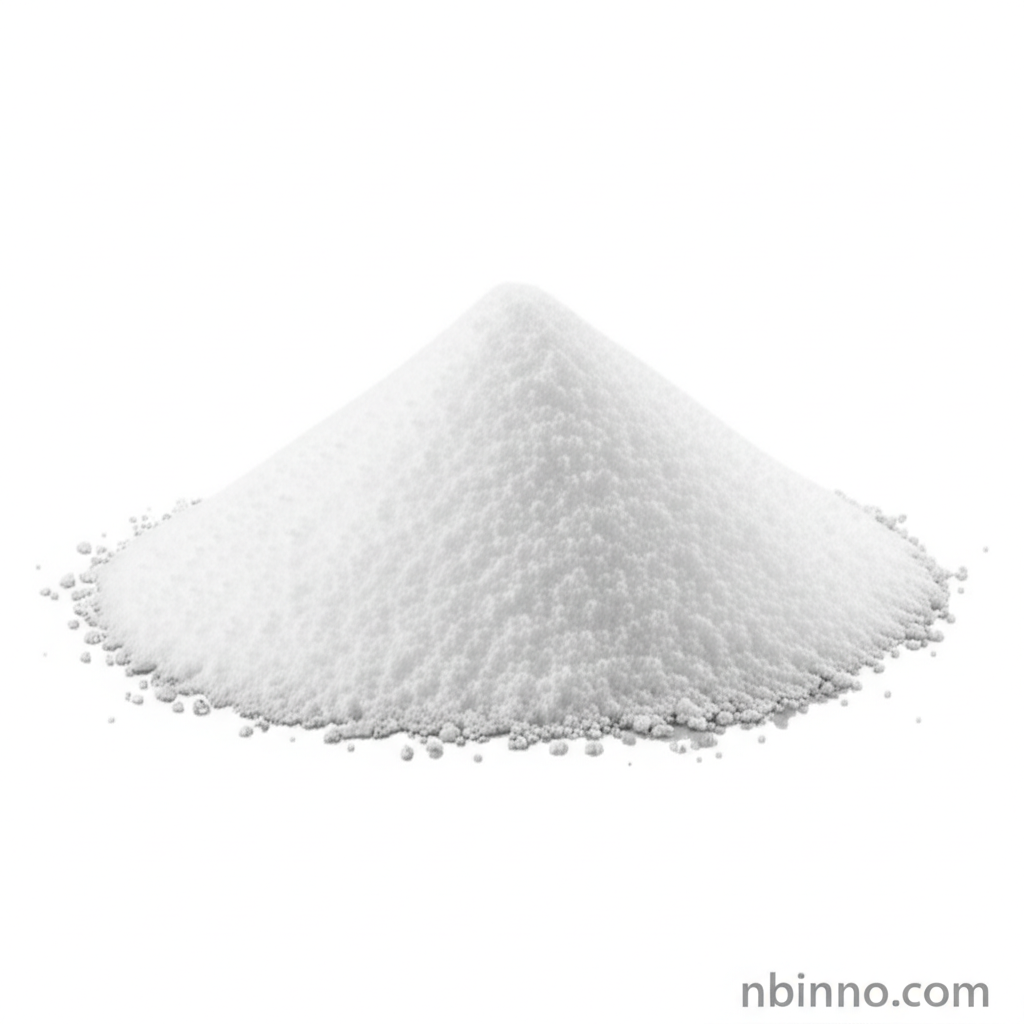High-Quality Polyacrylamide (PAM) for Water Treatment
A versatile linear polymer that enhances efficiency across multiple industrial applications.
Get a Quote & SampleProduct Core Value

Polyacrylamide
Polyacrylamide (PAM) is a highly effective linear polymer, chemically represented as (C3H5NO)n. It exhibits exceptional thermal stability and can be readily dissolved in water to form a clear, uniform solution. This compound serves as a reliable lubricant, suspending agent, clay stabilizer, oil displacing agent, water loss reducing agent, and thickening agent, making it indispensable in many industrial processes.
- Discover the effectiveness of polyacrylamide for papermaking to improve paper quality and reduce environmental impact.
- Explore how to buy PAM chemical for optimal results in various industrial settings.
- Learn about the uses of polyacrylamide for papermaking, enhancing process efficiency.
- Find out why purchasing high molecular weight polyacrylamide is crucial for effective water treatment.
Product Advantages
Enhanced Water Treatment
Utilize polyacrylamide for effective water treatment, improving effluent quality and aiding in sludge dewatering, a key aspect when you buy polyacrylamide online.
Oilfield Performance Booster
Leverage PAM drilling fluid additive properties to stabilize boreholes and enhance oil recovery, crucial for oilfield operations.
Papermaking Efficiency
Incorporate polyacrylamide into papermaking processes to boost retention and drainage, leading to better paper quality and reduced waste.
Key Applications
Water Treatment
PAM is widely used for flocculation and clarification in municipal and industrial wastewater treatment, helping to remove suspended solids efficiently.
Papermaking
In the paper industry, anionic polyacrylamide improves paper quality by enhancing strength, retention, and drainage, a benefit when you buy polyacrylamide online.
Oil & Gas
As a PAM drilling fluid additive, it aids in viscosity control, suspension of cuttings, and reducing fluid loss in oil and gas exploration.
Food Industry
Certain grades are used in sugar production and fermentation processes, showcasing its versatility as a food additive.
